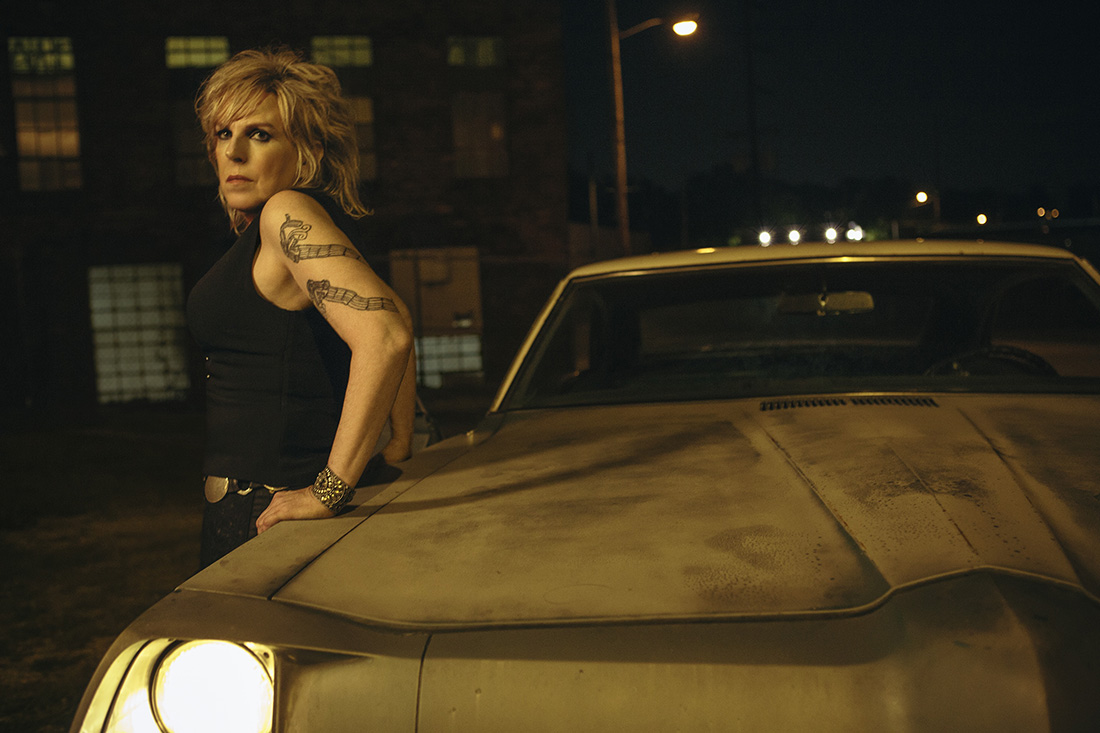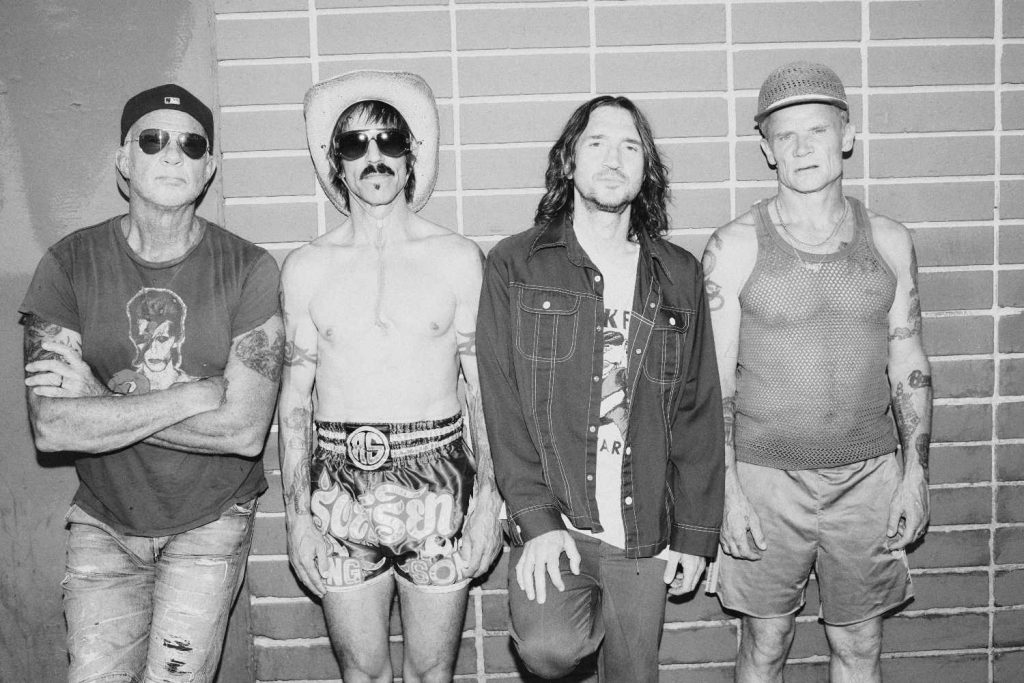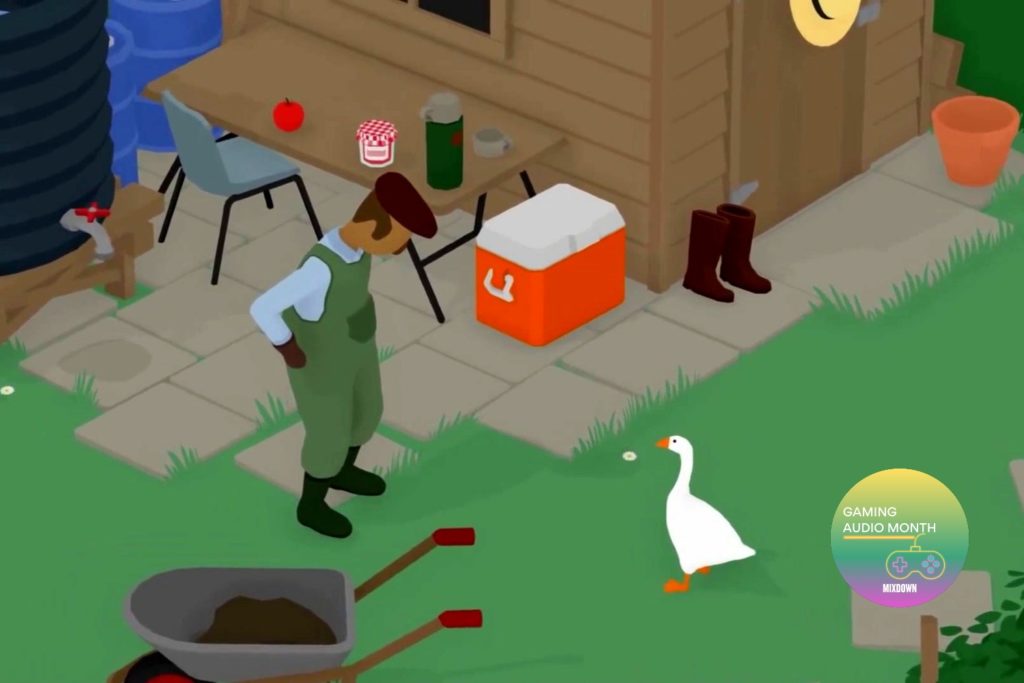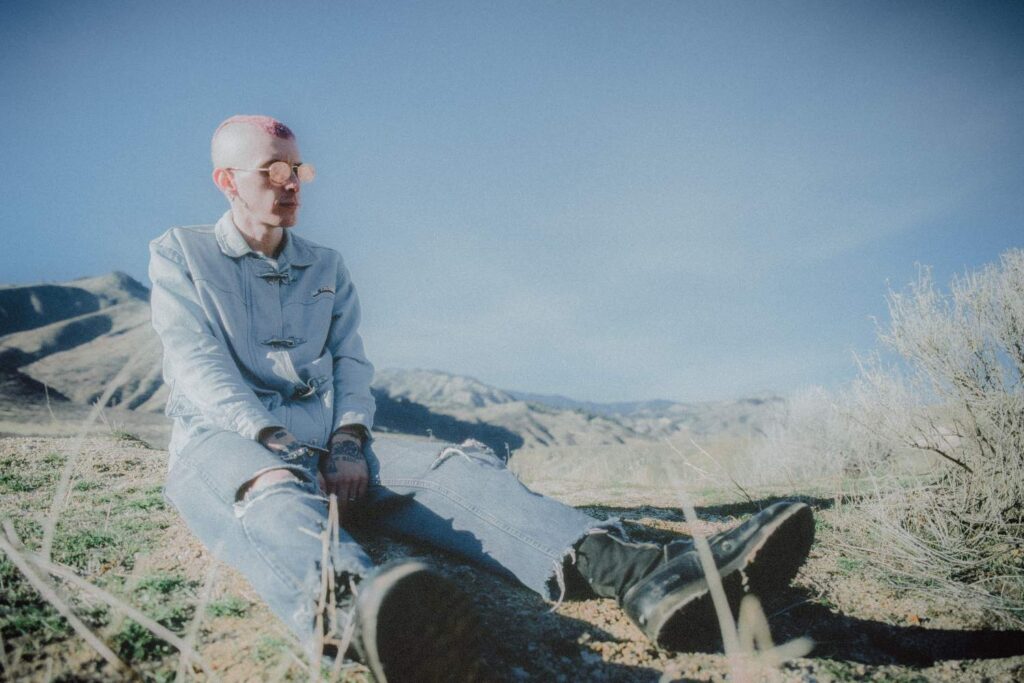“The more people you lose, the more creative one gets,” reflects Williams. “I mean, one of the guys who was working with us in the studio; we lost him. He was on the better part of the album – not the very new one but the one before that – and he was suddenly gone. It’s hard to talk about it all without being sad, but that’s just that way it is right now. That’s the way of the world.”
Mortality and the afterlife are themes that run throughout The Ghosts of Highway 20, exemplified on the haunting ‘Death Came’ and the melancholy waltz of ‘If There’s A Heaven.’ However, while Ghosts is a relatively dark record for Williams, its underlying message is that of hope and satisfaction with a life well lived. By travelling down the sonic highway of her past, Williams has crafted a self-described map of her life – stopping at memories both good and bad along the way. “Highway 20 is a highway that goes through certain songs, or certain towns that I grew up in,” says Williams on her connection with America’s longest stretch of road. “It started a few years ago when I went to play in Macon, Georgia. Macon is where I started school in the early ‘60s, and it was also the place where my father took me to see Flannery O’Connor, the Southern gothic writer that inspired him so much and also inspired me. It runs through Monroe, Louisiana where my mother is buried and where she is laid to rest. It’s about the memories. Places that you can’t forget. Places that you don’t want to forget.”
As well as delving into the significant locations that have come to resonate with her musically, Williams also uses the record to draw on her vast back catalogue of unrecorded music. In the same way that the towns along Highway 20 signify various periods in her life, so too do the songs. “I didn’t write all of these songs at the same time,” explains Williams. “‘I Know All About It’ was written probably as far back as 1980 or ’81.” With songs written decades apart, it’s amazing that Ghosts comes across as such a cohesive record. Undoubtedly, the instantly identifiable sounds of virtuoso guitarists Bill Frisell and Greg Leisz play a large part in this. Together they enrich the album with lilting open chords, subtle textures and rich washes of ambience. It marks a new, exploratory sound for Williams – but one that is used to dazzling effect.
“It adds a real uniqueness to the songs,” says Williams on the addition of Frisell and Leisz. “So musically, they fit together real well.” Although the album is perhaps one of the most experimental of her career, the record’s boundary-pushing nature wasn’t premeditated. Rather, it came about naturally. “I think it’s just one of those things that happens. Everything inspires me, from Bill Frisell’s playing to Greg Leisz’s playing. Bill is very special. I really don’t tell him what to play or anything. He just opens up and does whatever. The way I approach the studio is pretty organic, so I just let him play however he feels.” It’s tting that Williams has chosen players with world-class jazz pedigree to accompany her, because The Ghosts of Highway 20 is in parts defined by a vehement commitment to spontaneity. The record features no overdubs and the focus remains on capturing a group of musicians live, dedicated to the take. The 13-minute, slow-burning epic ‘Faith and Grace’ encapsulates this spirit, featuring an entirely improvised vocals spurred on by the grooves of revered Jamaican session musicians Ras Michael and Carlton “Santa” Davis. It makes for a climactic end to a thrillingly unpredictable album.
“It was all done very spontaneously,” says Williams on the creation of ‘Faith and Grace.’ “I’d never worked with these guys before. We got in there, I started singing it and they just fell in with me. We found a groove and just kept going… I was in there really improvising and kind of going nuts. It was like I was in church or something. It kind of carries you someplace. Now we’re putting out a dub remix on a separate EP. They came out great. Ras Michael is head of the Rastafarian church and was playing the tabla. We just went [for it]. It was one of those meditative, groove things.”
Williams has surrounded herself with a slew of brilliant musicians to bring The Ghosts of Highway 20 to life. Whether it’s the consistently inventive drumming of Butch Norton (Fiona Apple, Tracy Chapman, Rufus Wainwright) or the astute, economical production of Tom Overby – the combination of talents has created a melting pot of influences that ultimately form something greater than the sum of their parts. “The main goal is to find great musicians first, and find that chemistry that works in the studio between the musicians. That’s where I think the magic happens,” says Williams. “Then [the music] happens on its own accord, instead of thinking about trying to do something. It’s more spontaneous and organic.”
Lucinda Williams’ music has always portrayed dust-bowl America with breathtaking poignancy, without glamourising the harsh realities that face the working-class or the downtrodden. It’s one of the reasons why her music resonates with so many people. This time around, she’s chosen to reinterpret a song that resonates with her by breathing new life into a brooding Bruce Springsteen classic, ‘Factory.’ “I’ve always loved his songs,” she says. “The initial reason that I learned it and worked it up was during the Occupy Wall Street movement. We were playing at the Filmore [Theatre] in San Francisco, and we’d decided to dedicate some songs to the workers of the world. A few years later, it was suggested that we cut it. That was all spontaneous too, because we were in a situation where we were able to do that. We had more freedom this time.”
No matter where her muse leads her, the music of Lucinda Williams has always been written rst and foremost to connect with the listener on a visceral, human level. To share her life experiences so that we might find further clarity on our own. With The Ghosts of Highway 20, this is what she has managed to do once more – and will continue to do until she sings her last note. “In the past, my songs have proven to be helpful for people,” says Williams. “I would like to think that they might gain some comfort from some of the songs. Even the ones that are kind of sad and difficult to get through. I would like them to take away some healing from it – because there is a lot of loss there – but everyone is going through that.”
The Ghosts of Highway 20 is out February 5 via Thirty Tigers/ Cooking Vinyl Australia.







